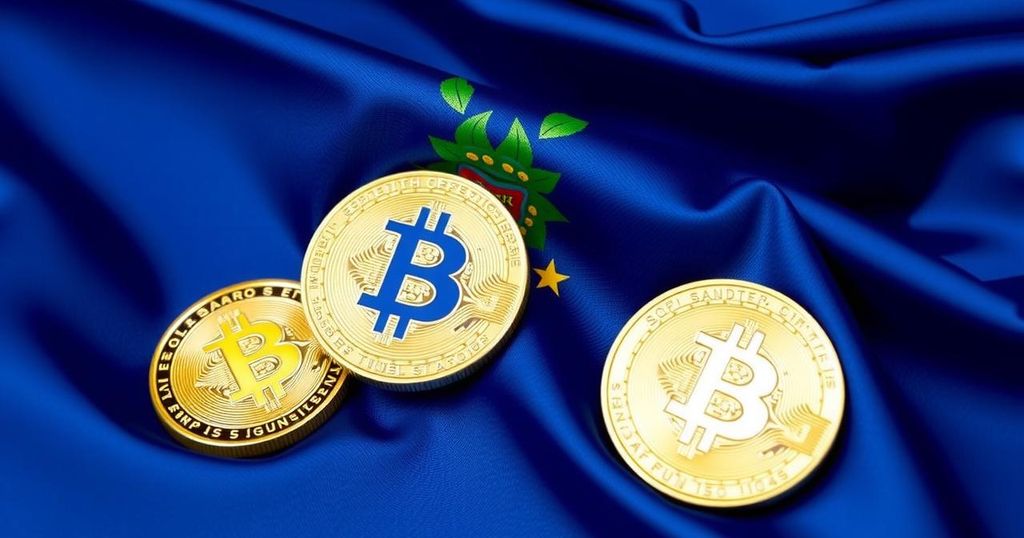This edition of Latam Insights Encore discusses El Salvador’s commitment to Bitcoin despite a new IMF deal that aims to limit Bitcoin activities. The country maintains a significant Bitcoin reserve while addressing shortcomings in the Chivo wallet, indicating a careful balance between innovation and economic stability under President Bukele’s leadership.
This week’s edition of Latam Insights Encore delves into El Salvador’s unwavering commitment to Bitcoin adoption, led by President Nayib Bukele. Despite a newly negotiated agreement with the International Monetary Fund (IMF), which includes provisions to curb state-sponsored Bitcoin activities, the Salvadoran government demonstrates a clear intention to continue its cryptocurrency purchases. Currently, the nation holds over 6,000 BTC, indicating that it is not abandoning its Bitcoin strategy. The deal is expected to yield a $1.4 billion credit line designed to bolster the economy;
however, the controversial Chivo wallet, intended to facilitate Bitcoin usage among citizens through an airdrop, may face closure due to lackluster adoption and functionality issues. Overall, while some conditions may be sacrificed in the short term, Bukele’s administration remains steadfast in its goals, viewing this strategy as pivotal to securing El Salvador’s financial future.
El Salvador has emerged as a focal point in the ongoing debate surrounding cryptocurrency adoption in the face of opposing views from influential global financial institutions like the IMF. The recent IMF deal, which aimed to curb Bitcoin use in the public sector, was met with varied reactions, particularly regarding its impact on the Chivo wallet, a platform plagued by operational challenges that hindered its widespread acceptance. Despite this, the government’s aggressive strategy of acquiring Bitcoin illustrates its commitment to reshaping its economic landscape.
The framework of the IMF agreement raises questions about how tightly it will influence the country’s cryptocurrency policies. Nevertheless, the lack of severe public backlash to the government’s Bitcoin accumulation reinforces the impression that El Salvador may continue on this course. The potential to leverage the credit line for economic stability while adjusting its digital currency approach may indicate a pragmatic path forward, balancing risk with innovation.
The situation in El Salvador regarding Bitcoin has garnered international attention, particularly as the nation became the first in the world to adopt Bitcoin as legal tender in 2021. This bold move has put El Salvador at the forefront of cryptocurrency discussions, often inviting scrutiny from entities like the IMF. Negotiations with the IMF emerged from concerns regarding the financial implications of Bitcoin’s volatility and its impact on the national economy. The ongoing developments in this regard emphasize the contention between innovation in financial technology and traditional economic governance.
In conclusion, El Salvador’s steadfast approach to Bitcoin adoption, even in light of the recent IMF agreement, highlights a complex interplay between national economic strategies and global financial norms. By opting to continue accumulating Bitcoin and potentially sacrificing the Chivo wallet, President Bukele’s administration is signalling its dedication to transforming the country’s financial future. The actions taken now may pave the way for greater financial independence and resilience, irrespective of traditional institutional concerns surrounding cryptocurrency.
Original Source: news.bitcoin.com






